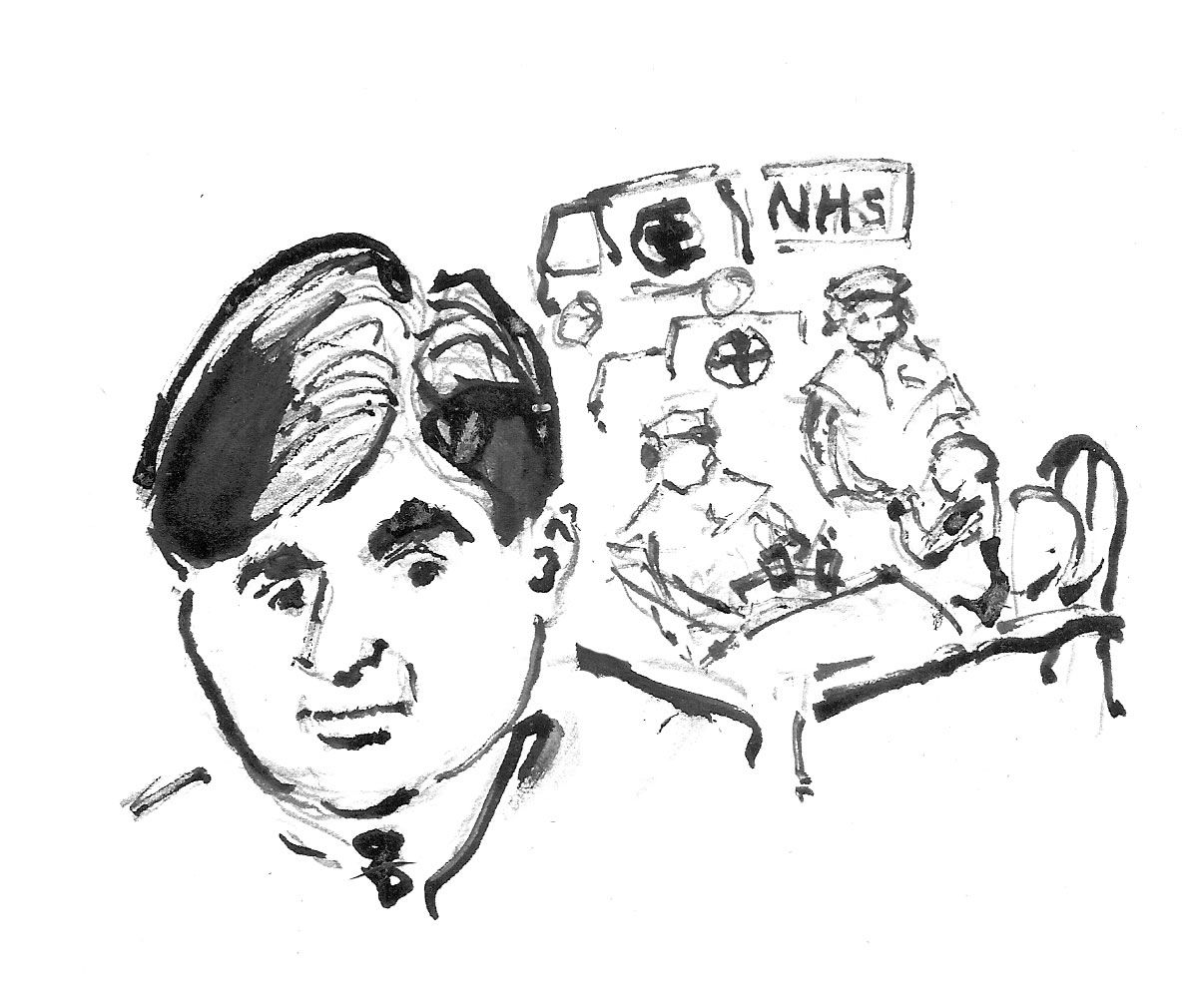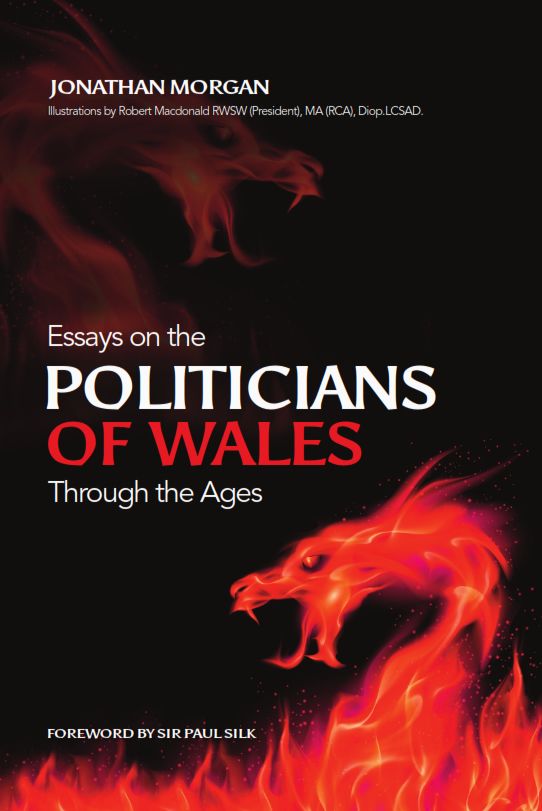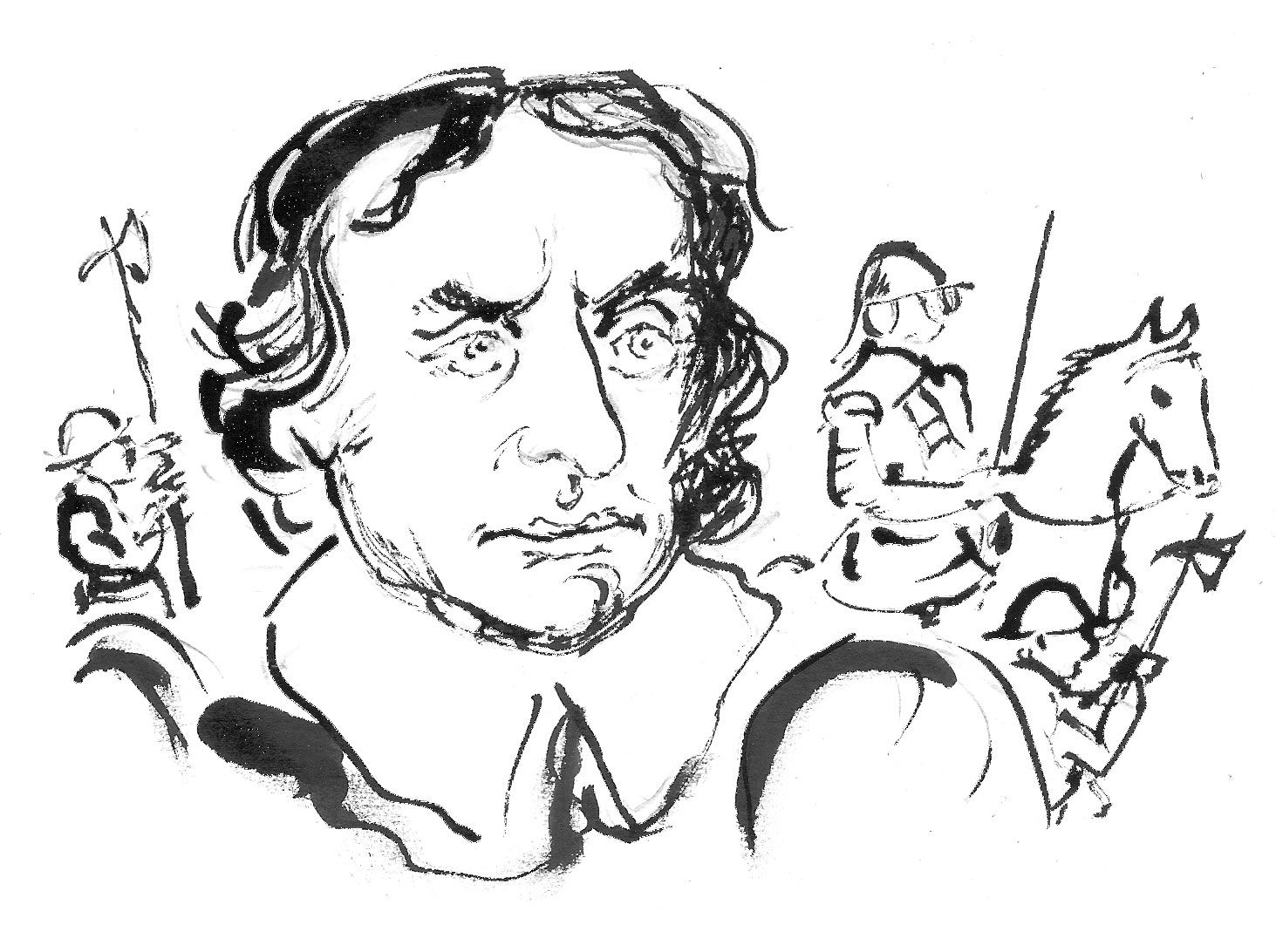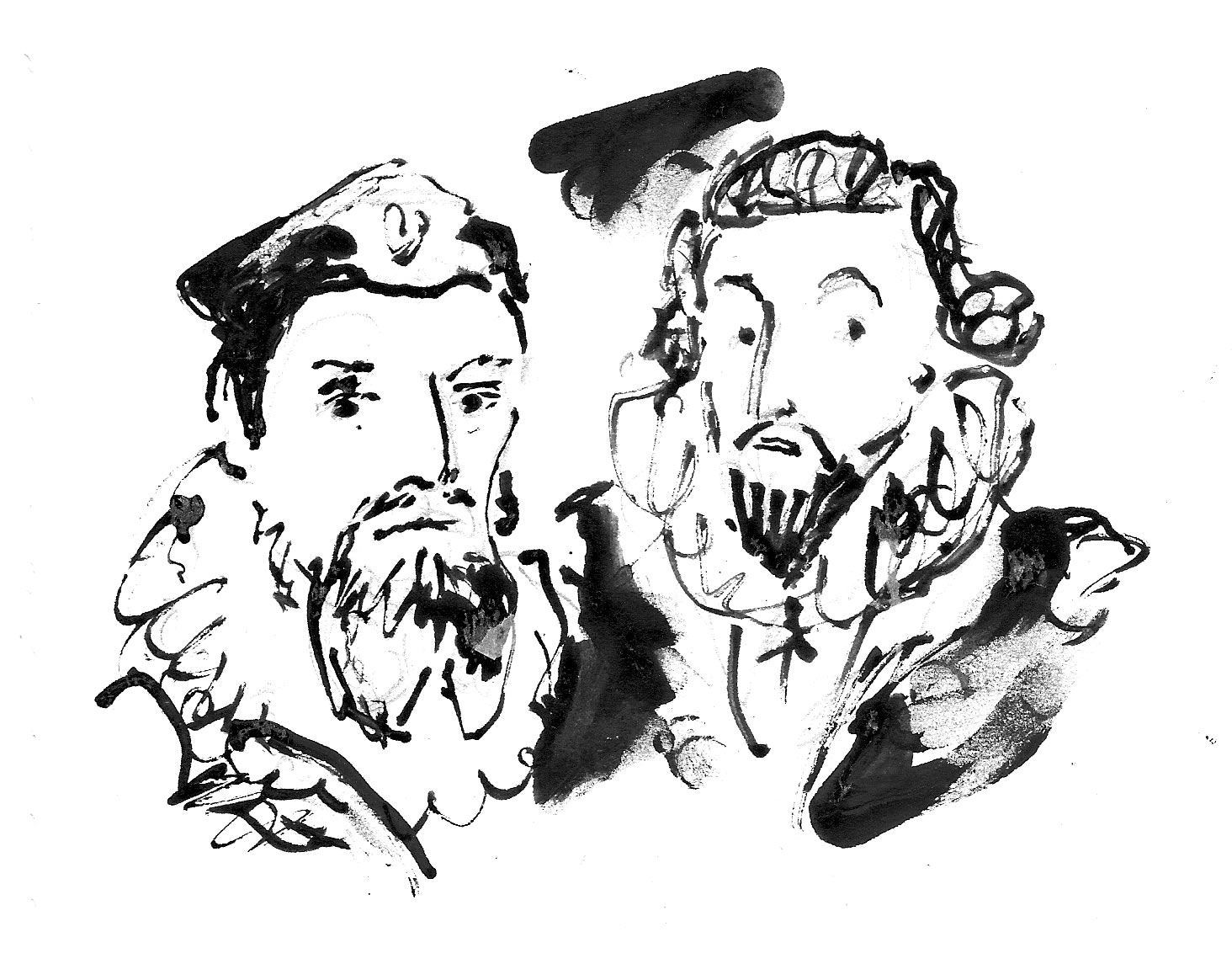Jonathan Morgan
I am a disabled war veteran who suffered from PTSD, partly as a result of a terrible tour of Northern Ireland in 1972. I also felt beleaguered in the Royal Regiment of Wales in a culture which seemed to treat the Welsh as colonial troops to be commanded by English public schoolboys. My great uncle Dr Teddy Morgan captained Wales and the British Lions at rugby, and my Uncle Guy captained Wales and Cambridge also at rugby. I was therefore ensconced in the Welsh sporting tradition.
There seemed to be an idea in the Regiment in the 1970s that Welsh officers were 2nd class citizens despite the fact thousands of them had died for their country in the 2 Great Wars. I, certainly, had a bit of an inferiority complex, which was played upon by rivals. Having studied International Politics at Aberystwyth University, I came back to Wales after my breakdown and being invalided out of the army I started to do research to see if the Welsh were really, 'A bunch of losers'. I soon realised that the last time a Welsh army had taken on an English army was at Bosworth in 1485 and the Welsh had won. I then went on to research a book on Welsh Entrepreneurs through the ages and discovered some of the biggest banking families were Welsh including JP Morgan, Lloyds and the Bevans of Barclays. In face of the aggression of the English in the City we could well hold our own. I went on to write a second book at the anniversary of the First World War on the Welsh war poets through the ages, and some of these include Wilfred Owen, Edward Thomas and David Jones.
I then returned to my own profession and wrote a book on the Welsh warrior through the ages, showing the Welsh had achieved the heights of bravery and high command throughout history. Now, I have turned to another strong hand, the politicians of Wales through time, which shows that the Welsh have been an integral part of the power centre at Westminster and have played a huge part in the formation of the United Kingdom. For instance, many people didn't know that Oliver Cromwell came from a Welsh family, others didn't know that Gladstone had married a Welsh wife and lived in Wales, and that two of the greatest achievers in Welsh history, Nye Bevan and Lloyd George, were from the Principality.

There have been times, such as the Battle of the Tryweryn Valley flooding where the Welsh MPs united against the drowning but were outvoted by English MPs. Certainly, the 18th century was short of influential Welsh MPs, but before that at the time of the great Welsh Queen, Elizabeth I, the Welsh were very influential including the powerful Cecil family from Pandy, outside Abergavenny.
When the Liberals were in the ascendency, there was a very powerful Welsh block of MPs and a lot of support for more powers for Wales. This culminated eventually in a proposal for a Welsh Secretary of State and more recently for an Assembly.
The Welsh Conservatives have always had some influence and it is interesting that the reason why Margaret Thatcher is not featured greatly in the book is because she replied to the author saying she had no Welsh ancestry. Although John Campbell her biographer says her father came from a Welsh family. There is an insinuation that she might have been ashamed of her Welsh roots, especially after her battle with the miners, although it is interesting and paradoxical that the Welsh Guards carried her coffin at her funeral.
It must be remembered that Wales is England's oldest ally and have stood with them certainly very prominently in the 100 Years War against France in which the Welsh archers played a key role. The Black Prince at Crecy where there were 2,000 Welsh archers dressed his bowmen in the green and white colours of Wales. Henry Tudor carried the Red Dragon at Bosworth. The somewhat disparaging attitude of the English establishment towards the Welsh belies one that should be based on mutual respect.
The Welsh are recognised throughout the world, especially in the United States where at least eight Presidents were of Welsh stock, including two of the greats, Jefferson and Lincoln. The politicians of Wales have played a huge part in the fortunes of the United Kingdom, and this should never be forgotten.
With regard to Wales, there is a movement towards independence and certainly as Wales is about the same size as Lithuania, Latvia and Estonia and has the precious possession of the world's most important commodity, water, Wales could probably sustain itself. But certainly, at the moment, the majority of the people don't seem to want independence and, in a democracy, they hold the trump card.
This book shows that the Welsh 'punch well above their weight!'
However, we have got to remember that for a long period of time, the Welsh had only twenty-eight MPs and it was only later, in the 20th century this increased to forty. And more recently the Boundary Commission proposes to reduce the number again.
So Welsh influence in the Commons will decline.
FOREWORD
Sir Paul Silk
There is a tradition of biographical storytelling in historiography that goes back through Lytton Strachey, John Aubrey and Gaius Suetonius to Plutarch. Jonathan Morgan’s new book is in that tradition.
He has described a set of politicians who have had a very wide range of impacts on history and who date from the sixteenth century to today. The definition of “politician” used is pretty wide – Amy Dillwyn and Raymond Williams could be regarded as political actors, but they would not normally be described as politicians. The leitmotif for the author (a passionate Welshman, though clearly no nationalist) is Wales, and Jonathan’s subjects are united by having some connection to Wales (though in several cases, that connection is pretty tenuous: Richard Nixon, for example).
There is a particular, and understandable, bias towards Breconshire and to those who might be seen to hold views amenable to the author, or with whom he can empathise whether through shared faith or military experience.
Throughout we are given interesting details of the subjects’ lives, sometimes at some length, occasionally in a pithy sentence or two; and we can read Jonathan’s views of their contribution to history – views that are sometimes idiosyncratic, often unduly charitable, but always interesting because we hear the author speaking in his inimitable and endearing voice.
The volume is much enhanced by expert guest essays from Graham Lippiatt, Chris Thomas, James Gibson-Watt, Nick Thomas-Symonds and Robin Lewis.
It is a rollicking read.
Essays and illustrations about politicians from Wales or with Welsh ancestry who have had a very wide range of impacts on history and who date from the sixteenth century to today.
Print ISBN 978-0-9928690-0-7
152 pages with illustrations by Robert Macdonald RWSW (President), MA (RCA), Diop.LCSAD. Foreword by Sir Paul Silk.







